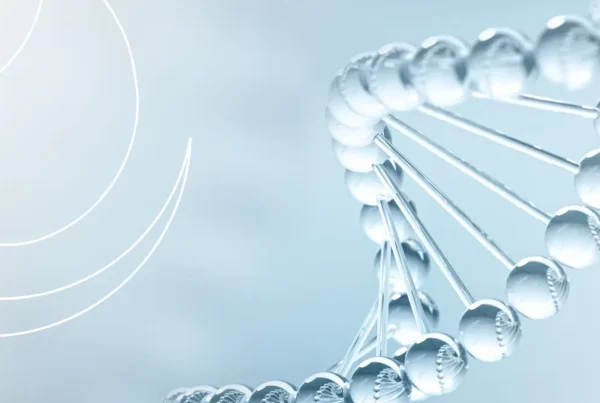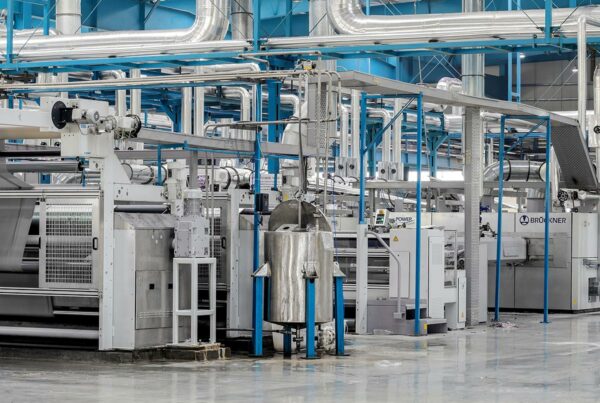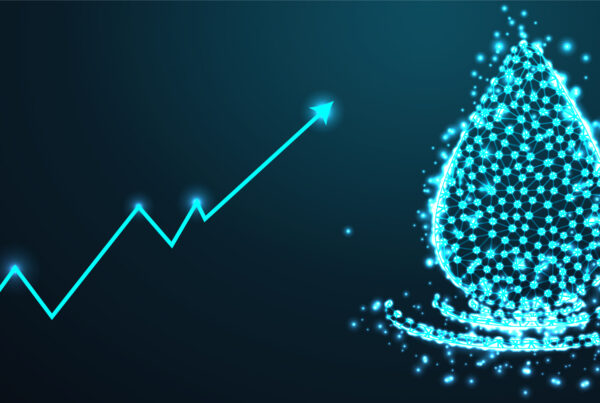Limescale buildup is a common nuisance that affects industries, households, and infrastructure across the globe. While its economic and operational impacts are well-documented, the environmental and climate change implications of limescale are often overlooked. In this article, we will explore how limescale contributes to environmental degradation, discuss relevant legislation, and highlight the role of chemical-free water conditioners as an eco-friendly solution. We will also consider the importance of compliance with building regulations Part L in the UK and the global shift towards regulations aimed at reducing CO2 emissions.
The environmental toll of limescale
Energy consumption: Limescale’s influence on energy consumption has been widely studied. Even a thin layer of limescale in pipes can lead to a significant increase in energy use. This not only raises operational costs but also escalates gas emissions associated with energy production. The energy-intensive process of heating and cooling water to compensate for reduced efficiency contributes to the carbon footprint.
Water waste: Limescale reduces the efficiency of water heaters, boilers, and other appliances, which means more water is required to produce the same output. Water is a precious resource, and its wastage has serious environmental consequences. In regions with water scarcity or drought, this impact becomes even more critical.
Chemical treatment: Traditional methods to combat limescale involve chemical treatments, such as water softeners. However, the discharge of chemically treated water into rivers and sewage systems can harm aquatic ecosystems. The chemicals used in softening water, like salt, can contaminate water bodies and disrupt the balance of aquatic life.
Legislation and regulations
Countries worldwide are taking action to combat the environmental impact of limescale and reduce CO2 emissions through legislative and regulatory measures. In the UK, Building Regulations Part L mandates energy efficiency in new home construction, emphasising the importance of sustainable solutions. And similar global regulations are emerging to curb CO2 emissions, with many nations targeting limescale deposits on hot water systems as part of their energy efficiency initiatives. These initiatives signal a growing awareness of the environmental consequences of limescale and the need for eco-friendly alternatives.
Chemical-free water conditioners: a sustainable solution
As the environmental impact of limescale becomes more evident, industries and households are turning to chemical-free water conditioners as a sustainable alternative. These systems use innovative technology to prevent limescale buildup without resorting to harmful chemicals, making them ideally suited to meet the requirements of building regulations and global energy efficiency initiatives.
Reduced chemical discharge: Chemical-free water conditioners eliminate the need for salt or other chemicals in water softening. This reduces the environmental burden of chemical discharge into water bodies, aligning with regulations like the EU’s Water Framework Directive and the US Clean Water Act.
Energy efficiency: By preventing limescale buildup, these devices improve the efficiency of water heaters and other equipment, reducing energy consumption and helping to achieve compliance with energy conservation regulations.
Water conservation: Chemical-free water conditioners contribute to water conservation by reducing the need for excessive water use to compensate for reduced appliance efficiency. This is particularly important in areas where water is scarce.
Longevity of appliances: By extending the lifespan of appliances and industrial equipment, these conditioners also reduce the environmental impact associated with manufacturing, transportation, and disposal of such equipment.
Conclusion
Limescale buildup might seem like a minor inconvenience, but its environmental implications are far-reaching. From increased energy consumption and water wastage to the use of chemicals in traditional water softening methods, limescale poses a significant environmental challenge. Legislation and regulations, such as Building Regulations Part L in the UK, are driving industries and households towards sustainable solutions like chemical-free water conditioners. These devices not only mitigate limescale-related issues but also align with the global effort to combat climate change, reduce CO2 emissions, and protect the environment. As we continue to prioritise sustainability, addressing the environmental impact of limescale should be an essential part of our efforts.
To find out more about how chemical free water conditioners could help you cut energy costs and reduce your carbon footprint, get in touch.







